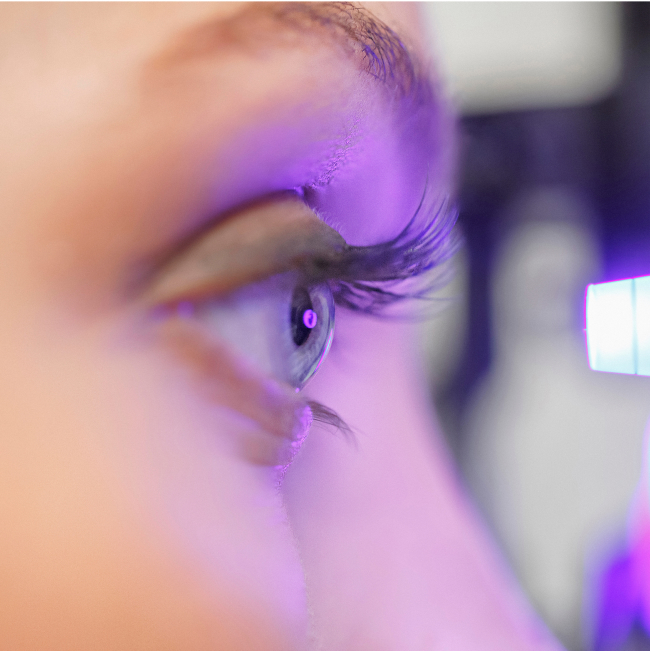VISTA Trial
NOW ENROLLING!! We are now screening for a phase 2/3 clinical trial for X-Linked Retinitis Pigmentosa. Learn more about the clinical trial or how to qualify for no-cost genetic testing and/or prescreening.
We are an ophthalmic gene therapy company founded to save and restore the vision of patients with a range of prevalent and rare retinal diseases that result in blindness.

“X-linked retinitis pigmentosa is arguably the most common of the severe forms of genetic blindness. It begins in early childhood and affects people worldwide. Gradual loss of peripheral vision leads to complete blindness and in the prime of life. It is the most devastating of eye diseases, but gene therapy offers a real hope of a lasting treatment, with recent studies reporting significant gains in vision in clinical trials.”
Professor Robert MacLaren
Professor of Ophthalmology, University of Oxford and Co-Founder of Beacon Therapeutics



